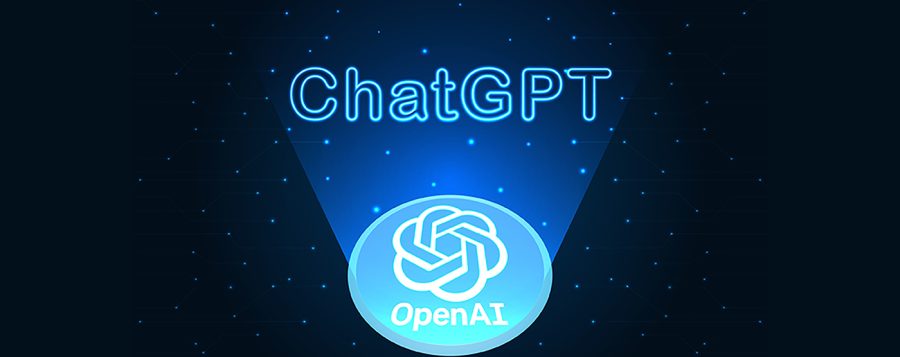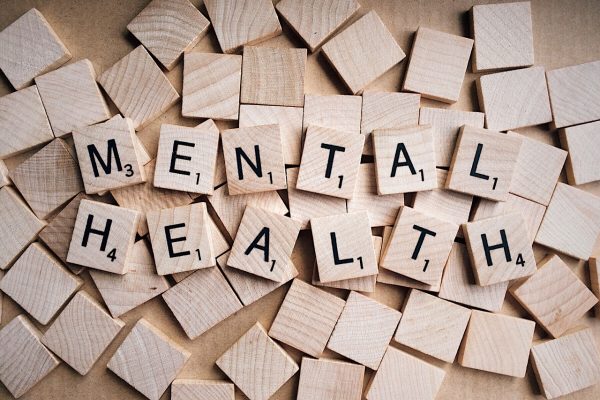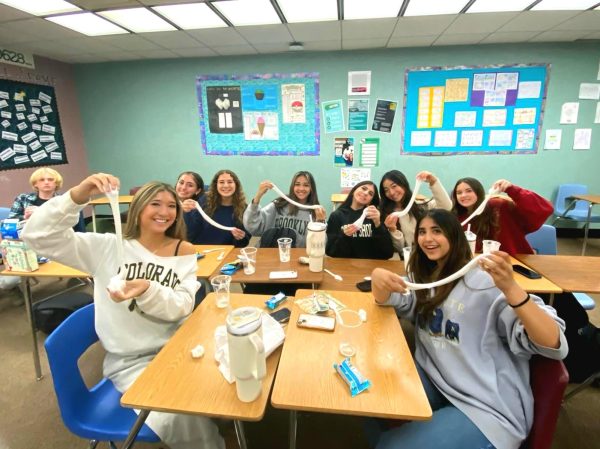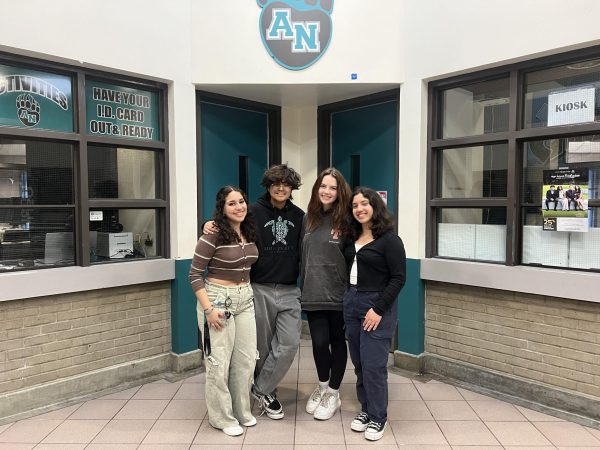What Is ChatGPT?
ChatGPT (Chat Generative Pre-trained Transformer) was launched in November 2022 by OpenAI. It is a complex machine learning model that can answer almost any question in a natural-sounding response.
It is completely free and anyone can access it online. According to OpenAI’s blog, “We trained an initial model using supervised fine-tuning: human AI trainers provided conversations in which they played both sides—the user and an AI assistant. We gave the trainers access to model-written suggestions to help them compose their responses. We mixed this new dialogue dataset with the InstructGPT dataset, which we transformed into a dialogue format.”
The most impressive quality that ChatGPT possesses is its ability to sound natural, as if a real person was responding. Usually people can tell if they are talking to a bot through their responses, but ChatGPT changes everything.
Lots of data and effort was put into the creation of this machine and it has knowledge on almost any topic.
ChatGPT can even offer medical advice and generate lines of code, but users still need to take caution. OpenAI did mention that sometimes, ChatGPT does offer “nonsensical answers.”
This machine is particularly special because it can explain certain topics in different styles. A user can request ChatGPT to explain something as if they were a child or an expert. The responses are catered to whatever the user asks for.
Some uses of this resource include getting suggestions for decorations or party themes for any event or place. It can even write music: the lyrics and its accompanying cords.
However, students especially are able to use ChatGPT to their advantage. It can answer virtually any assignment questions and generate essays on any topic. It can even grade essays and offer feedback on what the student has written. For subjects like math, ChatGPT is able to show all its work and explain to the student how to get a certain answer.
This newly developed machine sounds almost too good to be true and very tempting to use. However, it can get a bit scary because eventually, people may not be able to tell what’s real or what was created by artificial intelligence.
It can also lead to widespread academic dishonesty because teachers would not be able to discern between a student’s work and whatever was created by ChatGPT.
According to a survey presented by NBC News, “Nearly 4 in 10 Americans, 38%, said they were more concerned than excited about more AI in their daily lives. Another 46% said they were equally excited and concerned, and only 15% said they were more excited than concerned. Despite massive interest in ChatGPT, the public doesn’t appear to be especially excited about AI.”
Some of the answers that ChatGPT provides can also be inaccurate and biased, based on the way it was developed. Also, there is no mobile app for it at the moment.
Although ChatGPT is definitely intriguing, students should think twice before using it because it raises ethical concerns. No matter how fluid or natural the responses sound, it is still plagiarism if students choose to directly copy and paste it for their homework. However, it is a great tool to be used lightheartedly and whenever someone is curious about a particular topic.

Eunnie is a senior at Aliso Niguel high school and is a Senior Editor in the Growling Wolverine. She is involved in several different clubs and swim, and...








